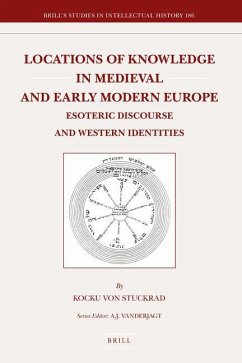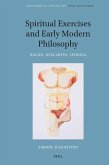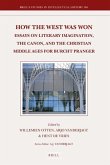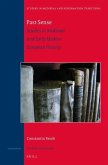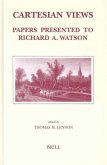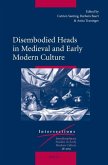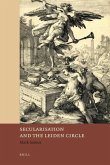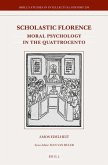One characteristic of European history of religion is a two-fold pluralism a pluralism of religious identities on the one hand, and a pluralism of various societal systems that interact with religious systems on the other. Addressing discourses of perfect knowledge in Western culture between 1200 and 1800, this book integrates the study of Western esotericism in a larger analytical framework of European history of religion. Viewed from a structuralist perspective, esoteric discourse provides an analytical framework that helps to reveal genealogies of modern identities in a pluralistic competition of knowledge. Experiential philosophy, kabbalah, astrology, Hermeticism, philology, and early modern science are linked to knowledge claims that shaped the way in which Western culture defined itself. "Von Stuckrad s sophisticated and stimulating reevaluation of the place of esotericism in Western culture should be of great interest to anyone concerned with the complex religious, social, political, and intellectual developments that mark the transition from the medieval to the modern world. The dialogue he proposes between modern theories and ancient, medieval, and early modern texts raises important questions and offers further evidence that the nineteenth and twentieth century divisions between religion, magic, and science and between science, philosophy, and occultism have outlived their usefulness." Professor Allison P. Coudert Paul and Marie Castelfranco Chair in the Religious Studies Program University of California at Davis
Hinweis: Dieser Artikel kann nur an eine deutsche Lieferadresse ausgeliefert werden.
Hinweis: Dieser Artikel kann nur an eine deutsche Lieferadresse ausgeliefert werden.

